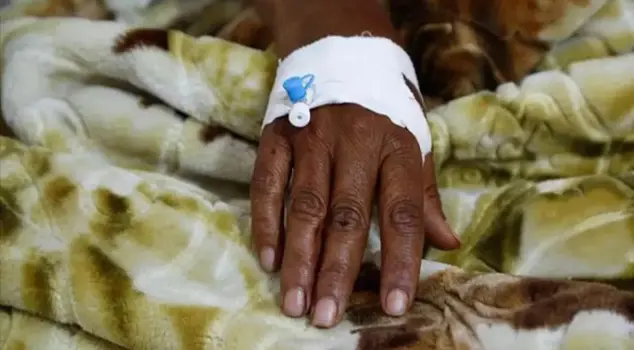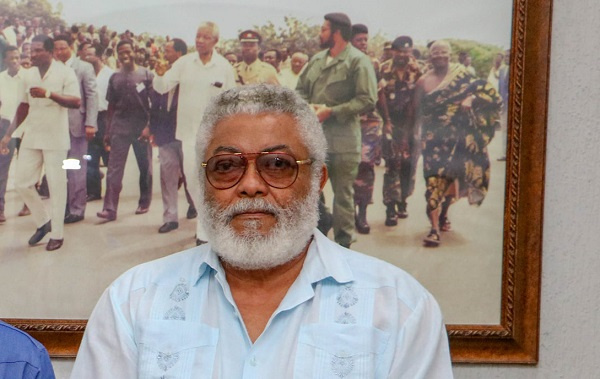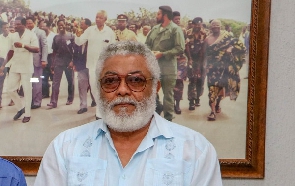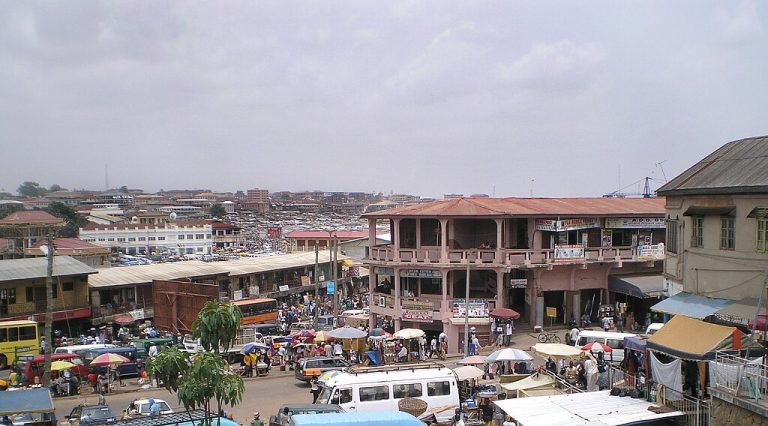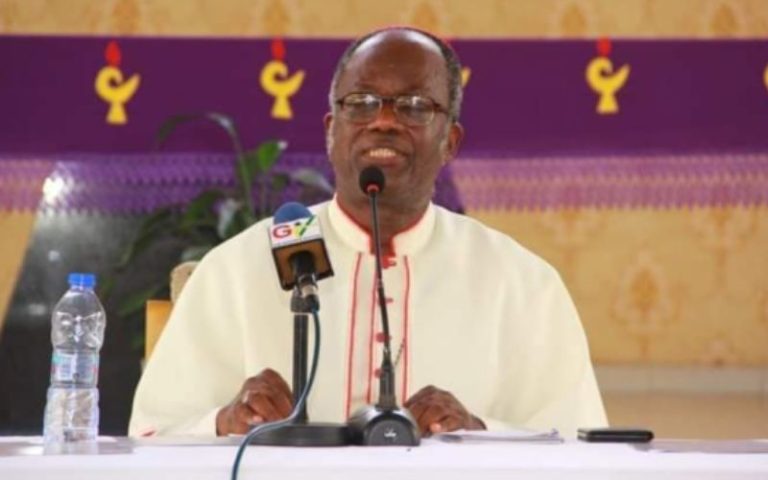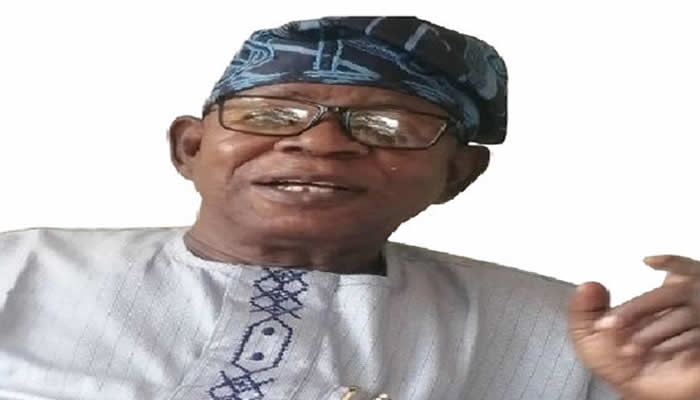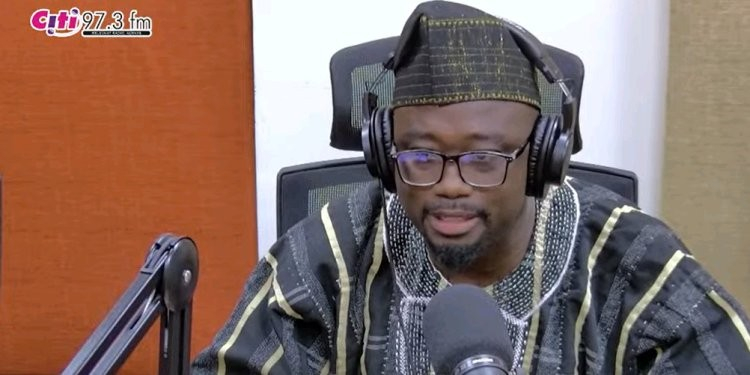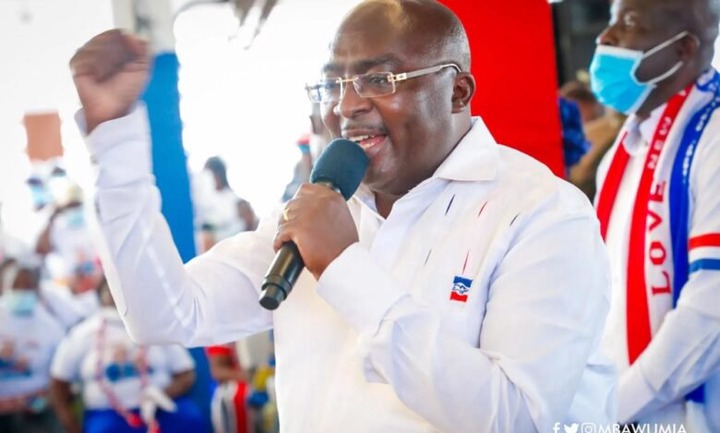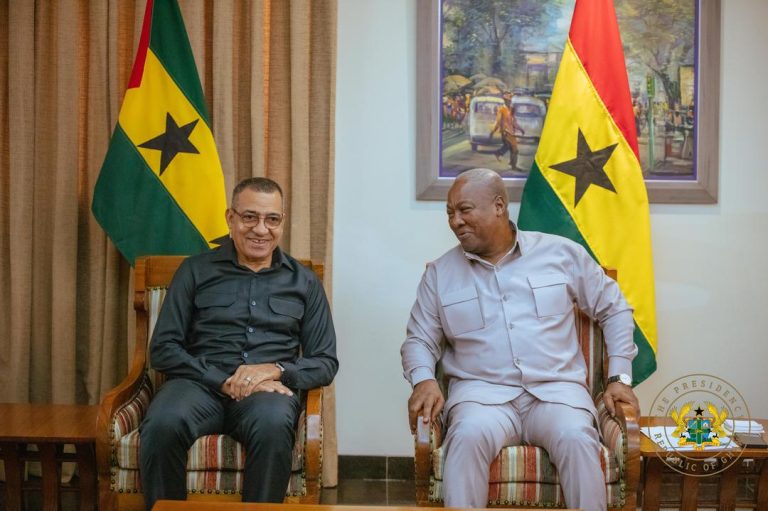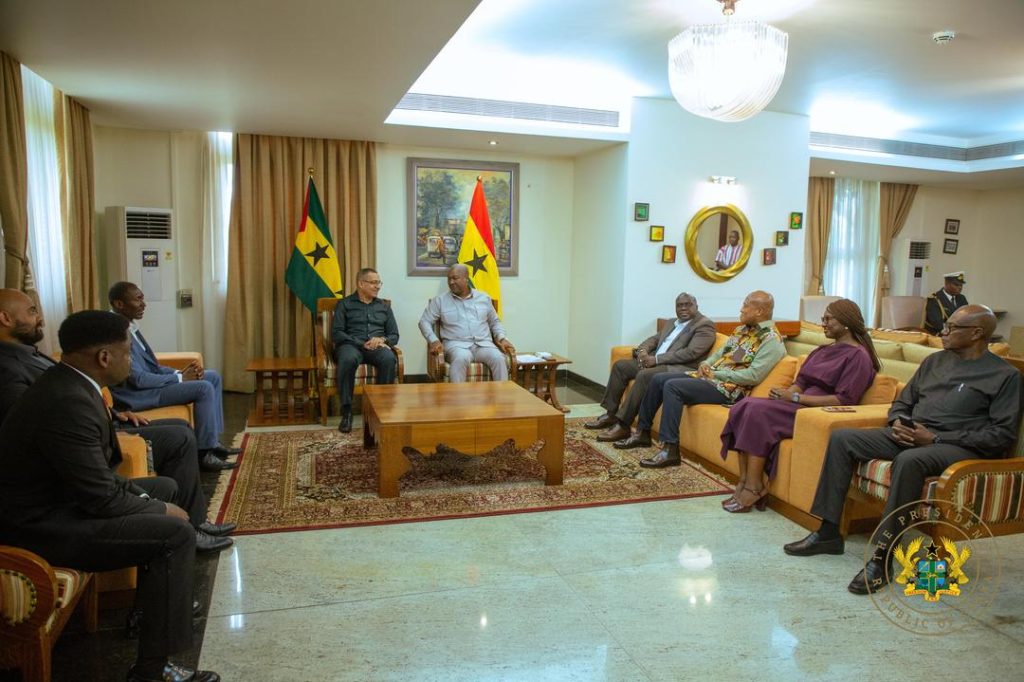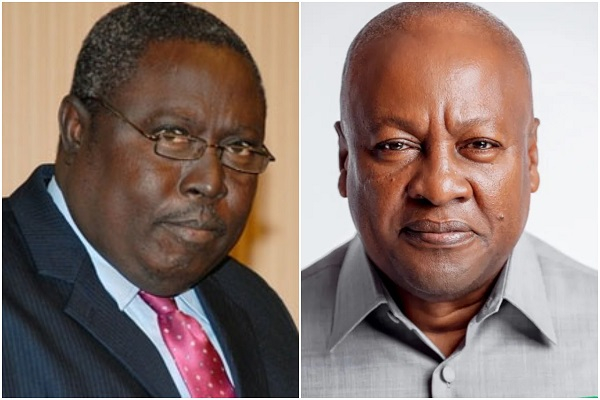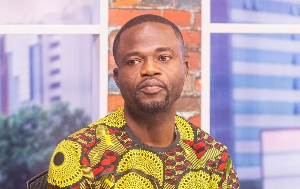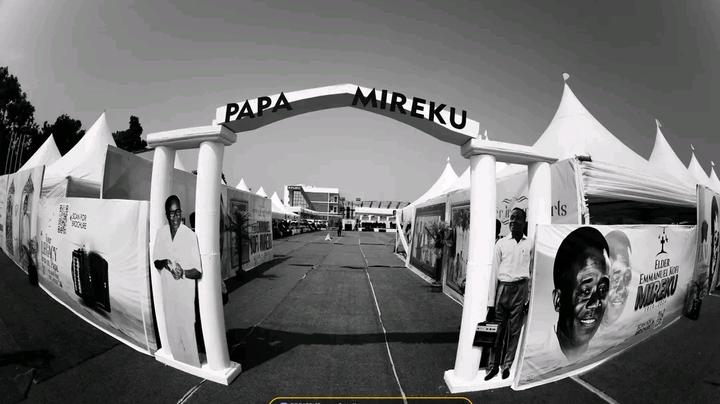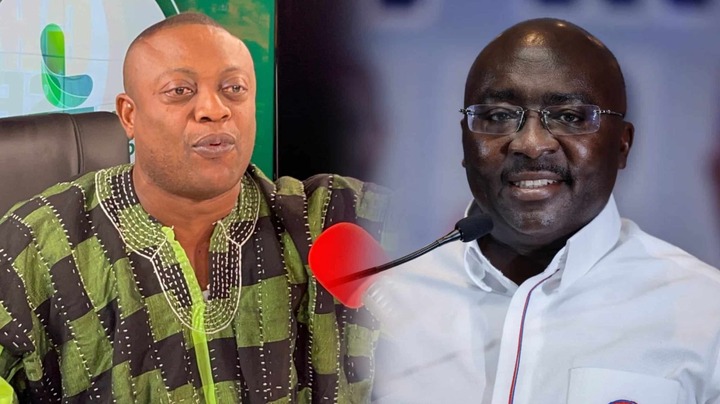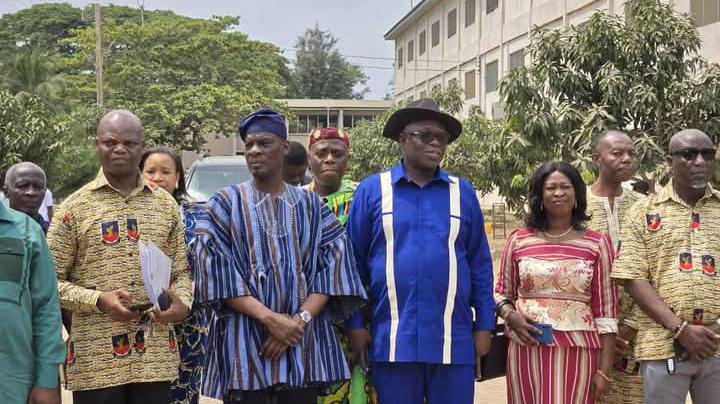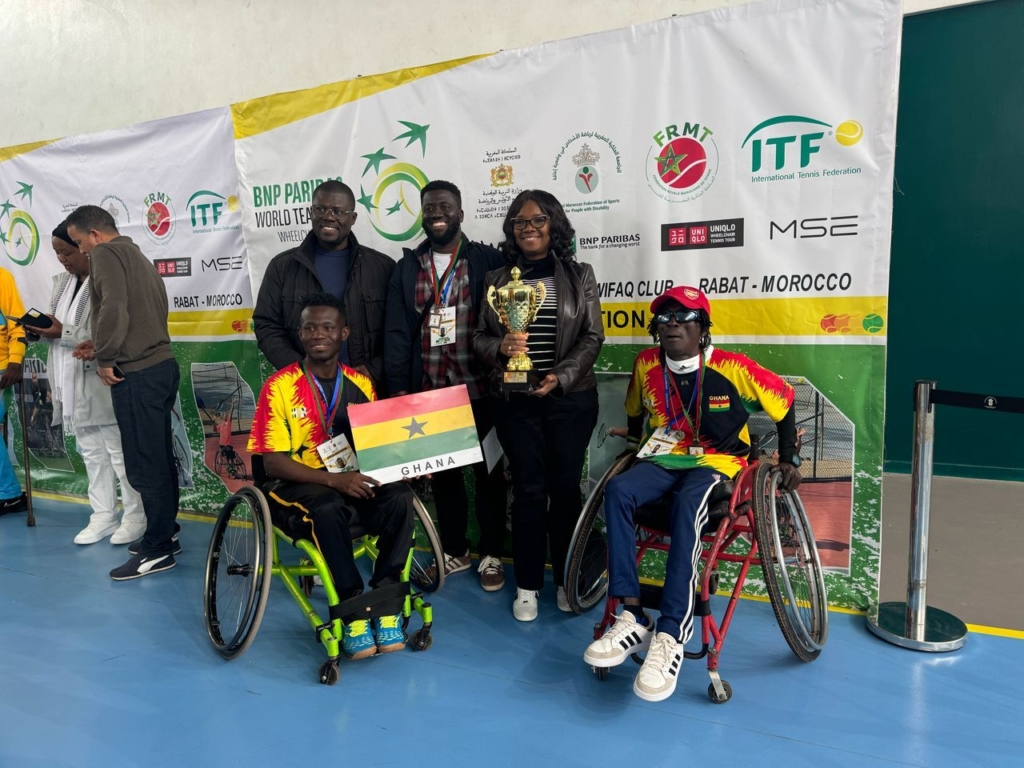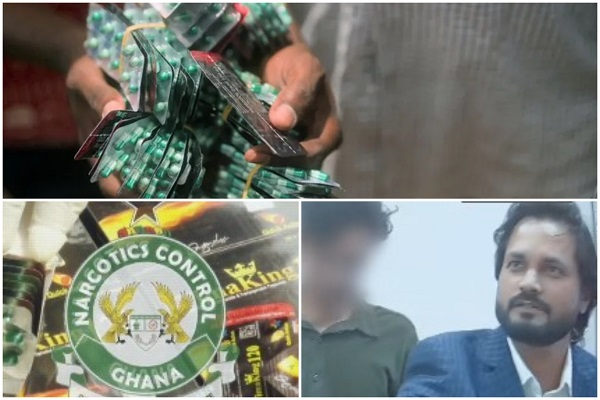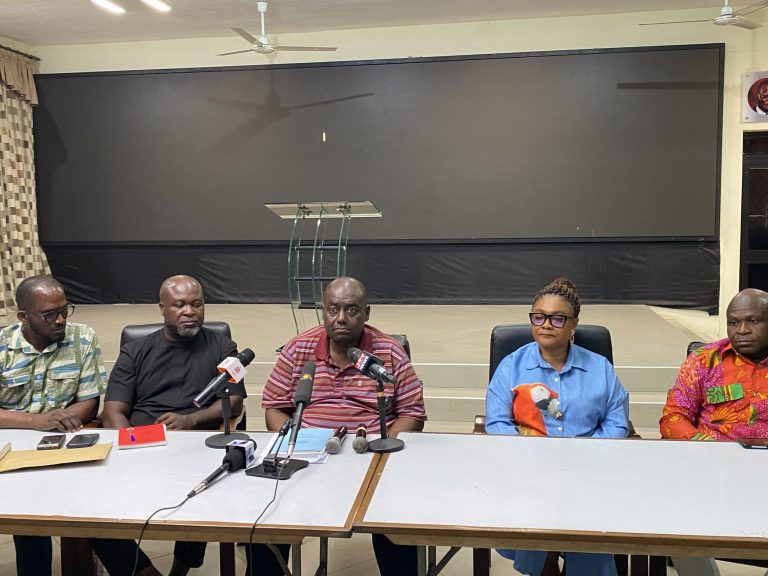Eighty-two-year-old technocrat-turned-politician, Sir Emmanuel Ojo, speaks to TUNDE OYEKOLA about his education in Nigeria and Ghana, and why he left politics, among other issues
Can you lead us through your background?
I’m Sir Emmanuel Adebisi Ojo. I was born in Ghana (formerly known as the Gold Coast) on 16th February 1943, which means I turned 82 on 16th February this year. I received my education in both Nigeria and Ghana. I started schooling in Ghana and then returned to Nigeria to continue my education. In Nigeria, I did my primary education at St. Michael’s Primary School, Okuku, in Odo Otin Local Government Area of Osun State. I then went to Modern (Secondary) School, also in Okuku. It was while I was in Modern School that I had to leave and went back to Ghana, where I attended middle school at Kumasi Catholic School, Konongo, in the Ashanti region.
I completed a significant part of my education in Ghana. I later came back to Nigeria, but something happened that I don’t usually want to talk about. It is a family matter, so I had to be sent back to Ghana to continue my middle school and tertiary education. I still speak the Ghanaian language fluently because I was born there. I studied and worked there, and I have many friends in Ghana, some of whom are still alive, while others have passed away.
What were your parents doing in Ghana?
My parents were traders in Ghana because trading was very lucrative there at the time. Ghanaians were not particularly skilled traders then, but today I think trading has become a global endeavour. Back then, they were petty traders, and they were proud of it. They made a good living from it.
Was your father a polygamist?
Oh yes, my father married two women. You see, I am the second child of my parents, the eldest being a woman. After me, there were no other male children; there were about five other females. So, my father had to marry another woman because he wanted a male child. Unfortunately, the second wife only had female children as well, but later, my father had two boys.
For a long time, I was the only male child of my parents. I was so pampered that, if not for the grace of God, I might not have amounted to anything in life because I was spoilt as the only male child in the family.
Did you think that was why they sent you to Nigeria to live with your uncle?
Yes, that was probably the reason my father sent me to stay with his elder brother in Nigeria, so that I wouldn’t be spoilt. Unfortunately, something unfortunate happened, and I was sent back to Ghana while I was still in school in Nigeria.
Were your parents still in Ghana when you went back there?
Yes, my parents were still in Ghana. My father had sent me to Nigeria to stay with his elder brother. I don’t want to go into details about what happened, as it’s a family matter. After my tertiary education, I worked in Ghana during the Aliens Compliance Order, which forced all foreign nationals to leave Ghana. My parents returned to Nigeria, but I stayed in Ghana. Later, I came back to Nigeria to start a new life, and by God’s grace, I didn’t find it difficult to secure a job.
Where did you work in Ghana?
I studied Economics and Marketing, so I worked with Nestlé Ghana. I also worked with Ashanti Goldfields Corporation. It was at Ashanti Goldfields Corporation that I resigned to return to Nigeria. I briefly worked with 7Up Bottling Company for about two and a half to three months. Then I moved to the Nigerian Bottling Company, brewers of Coca-Cola.
About six months later, I received a better offer from a company called Brian Munro in Apapa. I was appointed Marketing Manager at Brian Munro and served there for several years. I worked in Benin, Kano, and I spent several years in Kano as the Northern Area Manager. After that, I resigned to establish my own business in Ilorin.
I started as a merchandise operator, distributing goods for Brian Munro. When I retired from Brian Munro, the organisation rewarded me with a franchise for their products and a van. So, I began distributing for Brian Munro here, along with many other companies. As a merchandise operator, I distributed anything that came my way. However, calamity struck, and I lost everything, but I didn’t give up.
What was the nature of the calamity?
It was an accident. My vehicle had an accident near Sagamu. A brand-new truck I had bought was involved in the accident. This, combined with a marital problem, caused me to lose everything, but I didn’t give up. I considered myself like a centipede—an insect that, even when stamped on, keeps moving. So, to the glory of God, after bouncing back, I ventured into the tourism and hotel business because I had lost everything in my distribution trade.
Can you remember a remarkable event that shaped your life?
An unfortunate incident occurred when I was sent back to Ghana. Someone attempted to use me for a ritual, but, by God’s grace, it was revealed through a young girl, and my parents were informed. This experience stayed in my mind, and I resolved that if I was meant to be used for a ritual and the person failed to kill me, then I must strive to succeed in life. I am proud to say that I am now one of the leading figures in the hospitality business in Kwara State.
You’ve experienced life in both Nigeria and Ghana. Can you compare the two?
Now I can say I am proud of my country, but for many years, I was very proud of Ghana for several reasons. In Ghana, there is a lot of decorum, and people are disciplined. You don’t see people rushing at bus stops, but when I came to Nigeria, especially Lagos, people were rushing and struggling to get on buses.
In Ghana, public toilets were available everywhere. Within eight, nine, or twelve houses, you would find a public toilet and a public bathroom where anyone could bathe. Water was available in every village in Ghana. I trusted Ghana so much. However, despite the current economic situation—which is a global issue—I have come to enjoy life in Nigeria. But Ghanaians are much more disciplined.
What about education in both countries?
Education in Ghana is not vastly different from what we have in Nigeria. I wouldn’t rate one country’s system higher than the other. The main difference lies in the intonation of the people in each country.
You have had experience working in both the public and private sectors. Can you share your experience in these sectors?
I’ve worked in both private and government establishments. There was a time when I joined politics because, as they say, everyone is a political animal. I was interested in politics, and, fortunately, my community invited me to a contest because of the little things I had been doing for people. During the zero-party era in the IBB regime, I was invited to contest for councillorship in my ward in the Odo Otin Local Government Area.
I contested and won by a landslide. I became one of the councillors and was appointed the vice chairman of the council in charge of economic planning. After completing my tenure as councillor, I continued in politics. I was later elected chairman of the defunct National Republican Congress, one of the two registered political parties at the time. I served as the chairman of my party in my local government and later in Osun State.
I served as state chairman in Osun State, and even before the creation of Osun, I was the chairman in Oyo State. After that, during Prince Olagunsoye Oyinlola’s tenure as the governor of Osun State, I was appointed chairman of the Civil Service Commission.
Why did you quit politics?
I’m sorry to say, but people go into politics to embezzle public funds. It’s not an ideal thing to do, and I don’t believe in it. I can tell you that this is the main reason I decided not to continue in politics. There’s no way you can be in politics without stealing public funds, because if you don’t have the intention to embezzle money, people will push you into it. They will pressurise you to support and sponsor them or fund their events, whether it’s a naming ceremony, wedding, or hospital bills.
Some people will rely on you for everything, but your salary won’t cover it. Therefore, you must find ways to cut corners, which I am not willing to do. I believe in hard work, so that’s why I tactically withdrew from politics to focus on my business. I don’t envy politicians.
Can you compare the standard of living in those days with today’s standard?
You don’t need to compare lives. I remember years ago when I bought a brand-new vehicle for N2,600. At one point, I bought a brand-new vehicle for N3,600. Not everyone could afford a car then. You could buy a brand-new car from Peugeot Automobile Nigeria Limited for N3,600. When I came to Ilorin, I wanted to buy a Peugeot 504 GL, but I couldn’t get it from my friend, Mr. Osuji, who was the representative of PAN, so I bought it from a local dealer for N5,000.
You’ve clocked 82 years and look young. What’s the secret?
I do everything in moderation. Whatever I do, I do it moderately. I don’t indulge in excess or extremes. Even food, like I told you, I take pap in the morning, and a solid meal in the afternoon, but not too much. For several years now, I haven’t eaten red meat because I know it’s not good for my body.
I haven’t taken milk for years, and if I do, it’s skimmed milk, not full cream. I don’t take sugar, and if I must, I ensure it’s pure honey. There are many things I abstain from. Everything I do is in moderation.
How do you worship your God?
When it comes to being close to one’s Creator, I believe in God and God alone. That’s one of the reasons I decided not to continue in politics—I don’t believe in consulting anyone like a marabout, babalawo, Alfa, or prophet. I’ve never visited any. I believe in God alone.
Whenever I kneel and pray, and if I can fast, there is nothing I’ve asked for that I haven’t received from God. So, I truly believe in God.
How did you meet your wife?
I wouldn’t want to say how I met my first wife; I had to divorce. It’s unfortunate, and it’s not a story I like telling, but it happened. The woman I am married to now, I met through a friend of a friend. When I first met her, I couldn’t compare her beauty to my former wife’s. But because the hand of the Lord is always with me, that very night I met her, I had a dream and realised that this would be my woman. Today, I believe she’s the most beautiful and loving woman, and I have the best wife any man can boast of.
How do you relax?
When I was young, I was a member of the Boy Scouts, and we used to go camping in the bush. I also played football, but I can’t do that anymore. As I grew older, it became difficult for me to relax. But at some point, I couldn’t sleep, no matter how much I tried. I took a lot of drugs, and although it worked initially, it eventually stopped working. One day, I knelt and prayed, saying, “God, you said you give sleep to those whom you love, and I know you love me because I love you. Why am I not sleeping?”
God told me that if I wanted to sleep, I should break my day. I thought about it and realised I had to break my day. I tried it the very next day. By 4 o’clock, I lay down and fell asleep. I woke up around 6:30pm, and it felt like magic. I felt healthy. That night, I went to bed again and fell asleep without the need for drugs. Since then, for about nine years, I’ve had my siesta from 4pm to 6:30pm every day.




